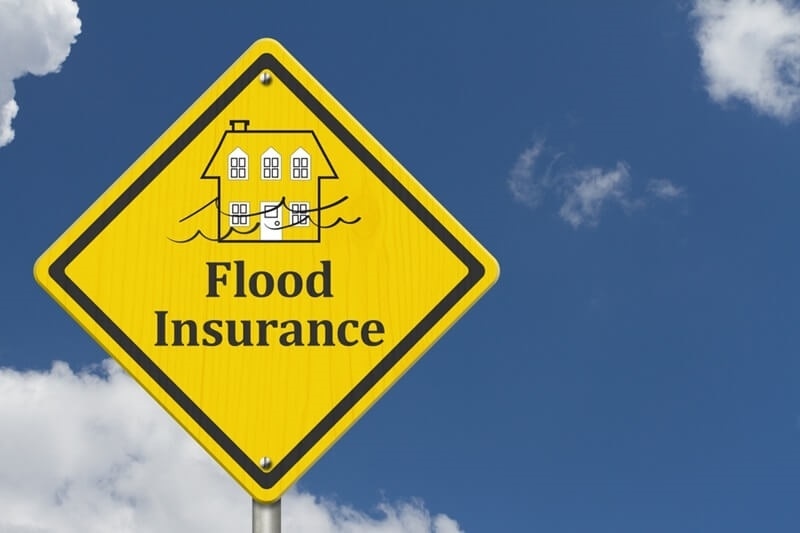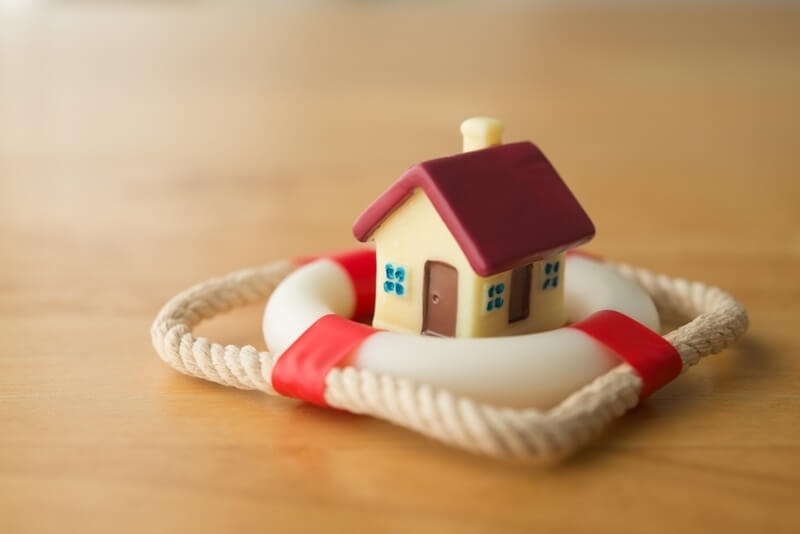
When discussing home protection, most people consider fire insurance, theft insurance, or general homeowner insurance. However, there is one area where people have neglected to take care of, and this is protection against flooding. The floods are considered one of the most frequent natural disasters in the United States, and the damage they cause can cost people who have a home thousands of dollars. It is at this point that flood insurance comes in. We will also break it down in this blog, in understandable and easily comprehensible language, so that you can make the correct decision regarding your home and family.
Flood insurance coverage is a form of insurance that is used to cover property owners against vandalism due to floods. This special insurance is used to cover damages related to floods, as opposed to the normal homeowner insurance, which does not cover flood-related damages. These are normally used to cover repairs and replacement of damages caused by rising levels of water.
Two areas are normally included in flood insurance. The former is the composition of the property itself, i.e., the walls, floors, basement, plumbing, and electricity. The second category is personal items within the house, such as furniture, clothes, and appliances. This will ensure that your belongings are safe as well as your property.
The information about what is not covered in flood insurance should also be known. An example is the exclusion of items such as temporary accommodation costs during your house repair, vehicles, or landscaping, fences, outdoor pools, and cash.

The question many property owners are asking themselves is: Do I need flood insurance? The fact is, it is determined by your place of residence and the level of risk you have.
In case your house is in a high-risk flood area, your mortgage holder can force you to purchase flood insurance. The Federal Emergency Management Agency (FEMA) maps such areas that are the most prone to floods.
Even if you live outside a high-risk zone, you may still want to consider flood insurance. Floods can happen anywhere, and around 25 percent of claims come from areas not considered high risk.
One of the biggest concerns homeowners have is the average cost of flood insurance. Understanding the cost can help you plan your budget.
The price of flood insurance depends on several factors. These include the location of your home, its elevation, the year it was built, and whether it has a basement.
On average, flood insurance in the United States costs about $800 to $1,200 per year. Some homeowners may pay less if their property is at a lower risk, while others in high-risk zones may pay much more.
Also read: Buy Smart Travel Insurance Simplified Before Your Next Trip
After learning about the cost, the next question is often, “How much flood insurance do I need?” This depends on both the value of your property and your personal belongings.
For the structure of your home, flood insurance can cover up to $250,000 under the National Flood Insurance Program (NFIP). This amount should be enough for many single-family homes, but in areas with higher property values, you may need additional coverage through private insurance companies.
The coverage for personal items can go up to $100,000 under NFIP. This includes things like clothing, furniture, and appliances. If you own high-value items such as jewelry, artwork, or expensive electronics, you might need extra private insurance coverage.
Since every property is different, many homeowners specifically ask, “How much will flood insurance cost for me?”
The best way to know is to get a quote from either NFIP or a private flood insurance provider. They will consider details like your home’s location, size, and age. Elevation certificates may also be required for properties in flood zones, which can influence pricing.
There are also ways to lower your flood insurance cost. For example, elevating your home, installing flood vents, or making sure your basement is protected can sometimes help reduce premiums.
Suggested reading: Renters Insurance Explained, What Does Renters Insurance Cover
Some homeowners hesitate because of the cost, but the benefits of flood insurance coverage often outweigh the expense.
The flood insurance is full of myths, and making everything clear can enable you to make better decisions.
It is the perception of many that they will not experience floods since they do not live close to a river, ocean, or lake. Unanticipated flooding, however, can be brought about by heavy rainfall, melting snow, or even poor drainage systems.
The other misconception is that flood damage is included in the normal homeowner's insurance. Unfortunately, it does not. A separate cover is required for flood coverage.
Although there are expensive policies, most homeowners pay significantly less than anticipated. Insurance is a good fiscal choice to think about, especially in light of the possible expense of flood damage, which may easily cost tens of thousands of dollars.
Once you have made your choice that you need flood insurance, it does not take as long a time to go through the buying process as you may be leading to believe.
In the USA, the majority of flood insurance is provided by the National Flood Insurance Program, which is administered by FEMA. NFIP policy is available by way of local insurance agents.
Besides NFIP, flood coverage is provided by some private insurers. Depending on circumstances, these policies can permit greater coverage limits and even reduced premiums.
The flood insurance is arguably the most valuable coverage that a property owner can have. As the climate patterns alter and the number of floods increases, homeowners in the USA should give serious consideration to the protection of their homes and possessions. Flood insurance will keep you out of the path of losing a lot of money, whether you need it or simply have the desire to be insured. Find time to evaluate your risk, consider your options, and discuss with an insurance agent the appropriate coverage that will fit you. When you have the proper plan, you are able to look at the future with a clear mind, knowing that your home and your family are safe.
This content was created by AI